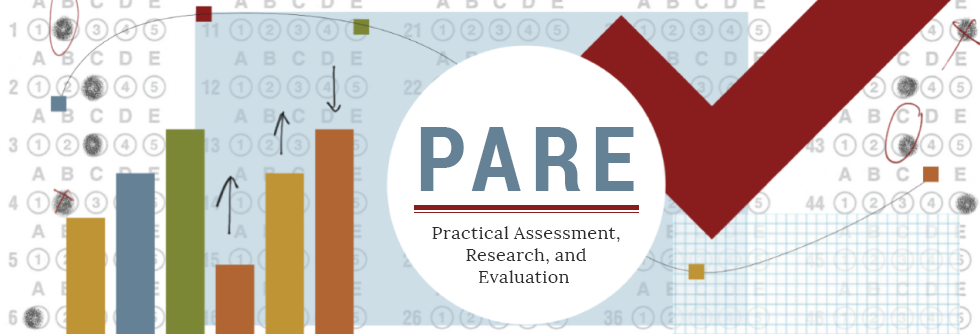Applying a Contrasting Groups Standard Setting Methodology to a Large-Scale Performance Assessment Program Used for Accountability
Abstract
Large-scale performance assessment programs are a longstanding reform tool. However, standard setting can be a challenge for assessment programs that use primarily non-standardized assessments. The purpose of this paper is to extend this field of research by explaining the standard setting methodology applied to one more recent instantiation of a state performance assessment program. The second purpose of this paper is to discuss the data quality control and quality assurance challenges experienced after five years of applying the standard setting method. Recognizing the burgeoning interest again in large-scale performance assessment programs, the goal and intended contribution of this paper is to inform future decisions about selecting appropriate standard setting methods and dealing with unanticipated challenges that may arise during implementation based upon the lessons learned from one program. It is likely that other large-scale performance assessment programs may face similar operational challenges, especially those that do not rely on standardized tests or standardized administration procedures to produce annual determinations of student proficiency or other scores used for accountability purposes. Assessment system designers can use the insights in this paper to consider standard setting methods and how those methods may need to be adapted to promote technical quality.
Keywords: standard setting, performance based assessment, academic achievement, accountability, elementary secondary education
How to Cite:
Evans, C. M., (2023) “Applying a Contrasting Groups Standard Setting Methodology to a Large-Scale Performance Assessment Program Used for Accountability”, Practical Assessment, Research, and Evaluation 28(1): 4. doi: https://doi.org/10.7275/pare.1263
Downloads:
Download PDF
View PDF
1226 Views
142 Downloads
